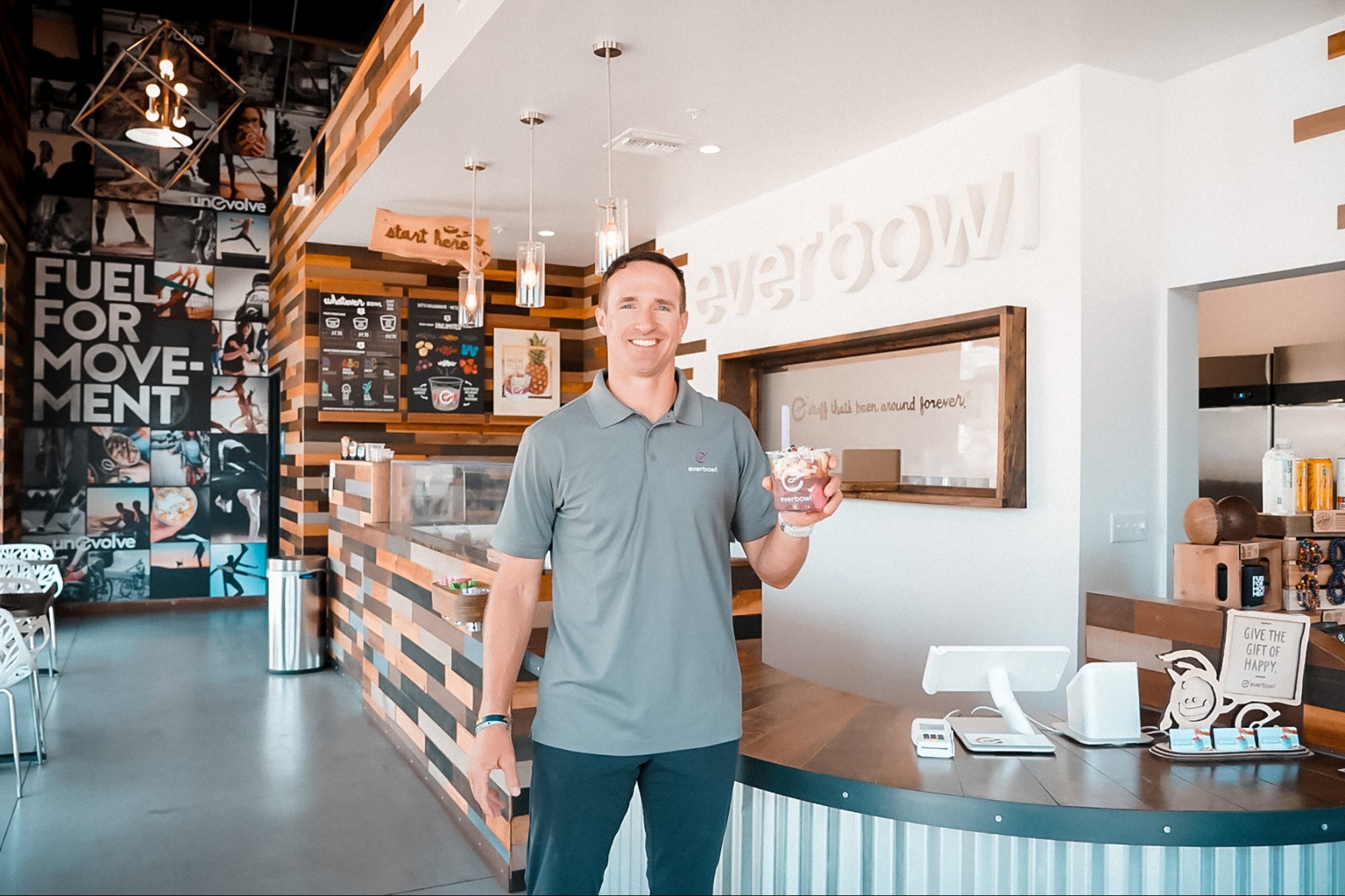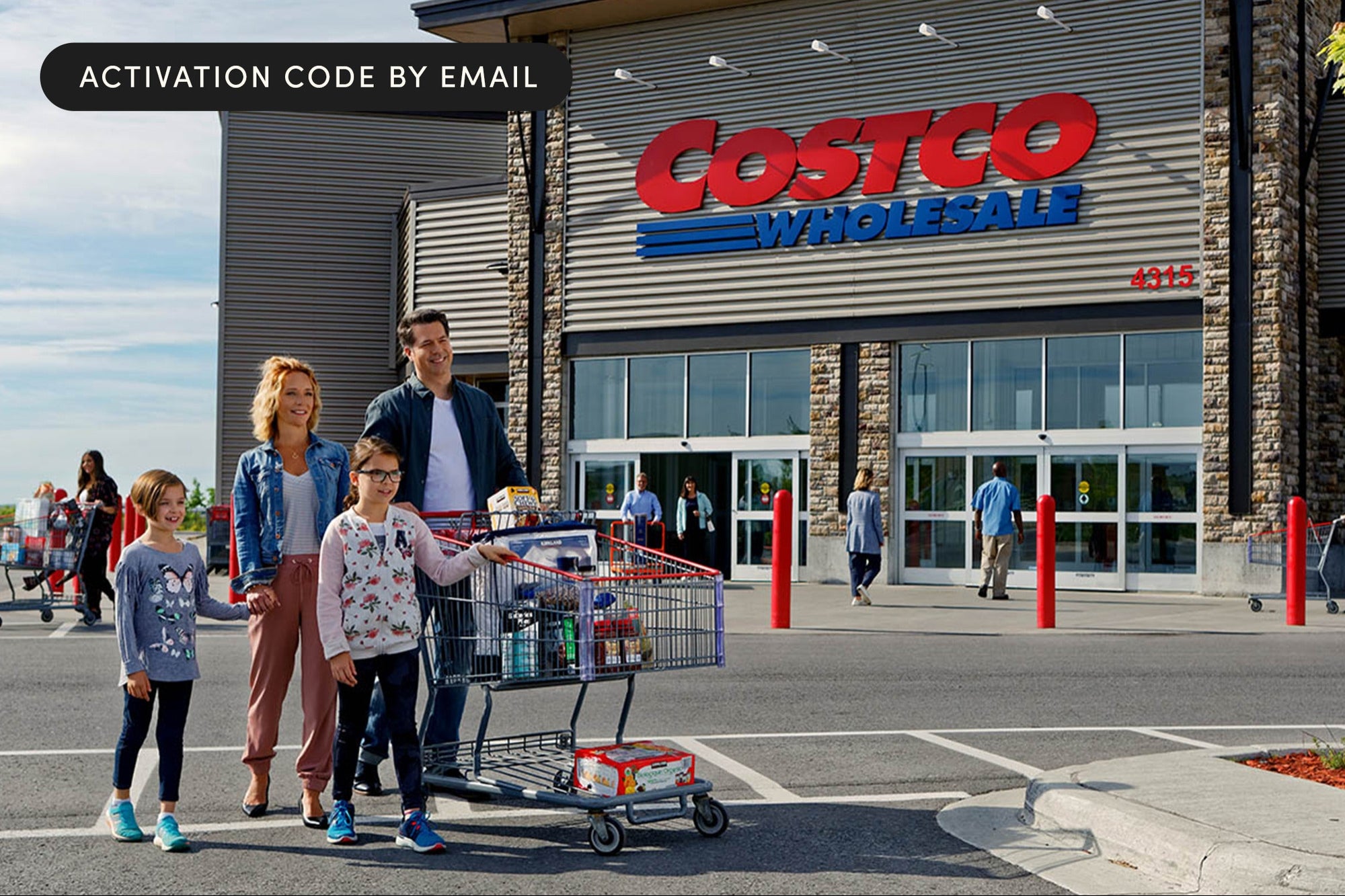5 Clear Conversational Patterns That Scream 'Hot Sales Opportunity' Prospects will never buy from you if you can't hear it when they tell you they are interested.
By Howard Brown Edited by Dan Bova
Opinions expressed by BIZ Experiences contributors are their own.

Sales leaders have a limited amount of time, and that's why it's vitally important to help reps recognize which deals they should be pursuing most aggressively. As the founder of a voice communications and analytics platform, I routinely analyze sales conversations with the explicit aim of identifying patterns that point to an increased likelihood of success. As it turns out, there are several clear indicators that the relationship between the representative and the prospect is headed toward a win.
In addition to evaluating your reps' performance during calls, it's equally important to focus on how prospects are actually responding. By making your reps aware of what works, you can help them predict which prospects have the best probability of becoming customers. This way, your reps can follow up with accounts and leads that are most likely to close. Not only will more of your reps hit quota, but your team can close more revenue overall.
Here are the indicators that you're headed toward a win.
The prospect mentions multiple stakeholders.
It's perfectly understandable for sales reps to want to minimize the number of stakeholders in the process. The thought is that the more stakeholders involved, the slower the deal progression.
While that may be true, won opportunities in B2B rarely happen that way. In fact, more stakeholders actually signal that the company is serious about making an investment.
For example, if your company sells marketing automation software, a rep might begin by talking to a director of marketing, but that rep might have to present to a CMO and CIO as well. So when prospects mention multiple stakeholders, it's an indication that there could be some serious interest.
Related: How I Got Into Sales
The prospect mentions timing-related keywords.
When prospects mention timing, it often indicates an urgent need for a solution. As an example, I've noticed that on several closed deals, the prospect mentioned something like, "I needed a solution yesterday."
Also, look for seasonal terms. If a prospect says something like, "I need something by Q3," or "I'm looking to implement by fall," or mentions a specific month, it probably means that they are serious buyers.
The prospect asks a lot of questions.
People tend to ask questions when their interest is piqued. If a prospect isn't feeling a rep's pitch, they're probably going to sound relatively silent and disinterested. If, however, they ask a lot of questions, it indicates that they might be interested in taking that next step, whether it be a product demo, a trial or simply another meeting.
Related: 7 Ways to Close More Sales
The prospect demonstrates enthusiasm.
It's a lot easier for reps to close deals with prospects who are enthusiastic about their offering. Look for keywords that indicate positive sentiment and also for descriptive keywords indicating enthusiasm.
For example, prospects using the words "amazing," "exciting" or "impressive" may indicate that you're on the road to demonstrating real value, and it's time to convince additional deal stakeholders of that value as well.
The prospect acknowledges your solution as an answer to their problems.
Beyond detecting positive sentiment, try to identify patterns that indicate your product is the answer to the pain that caused prospects to look for a solution in the first place.
Related: Why Creativity Is the Most Important Sales Tactic
For example, my company offers sales automation software that delivers huge productivity gains. When prospects mention anything productivity-related during or after a product demo, (e.g. "That's such a huge time saver," or "That's going to save me a ton of time"), we know we have won hearts and minds. When they couple that with more emotional phrases (e.g. "This is such a Godsend," or "What a relief,") then we know the deal is ours to lose.
Obviously, it's up to sales management to specifically identify how these indicators work with customers. But after doing so, make sure to coach reps to focus on spotting at least five key conversational indicators. In doing so, you'll help ensure that they spend more time going after the accounts most likely to result in new business.









